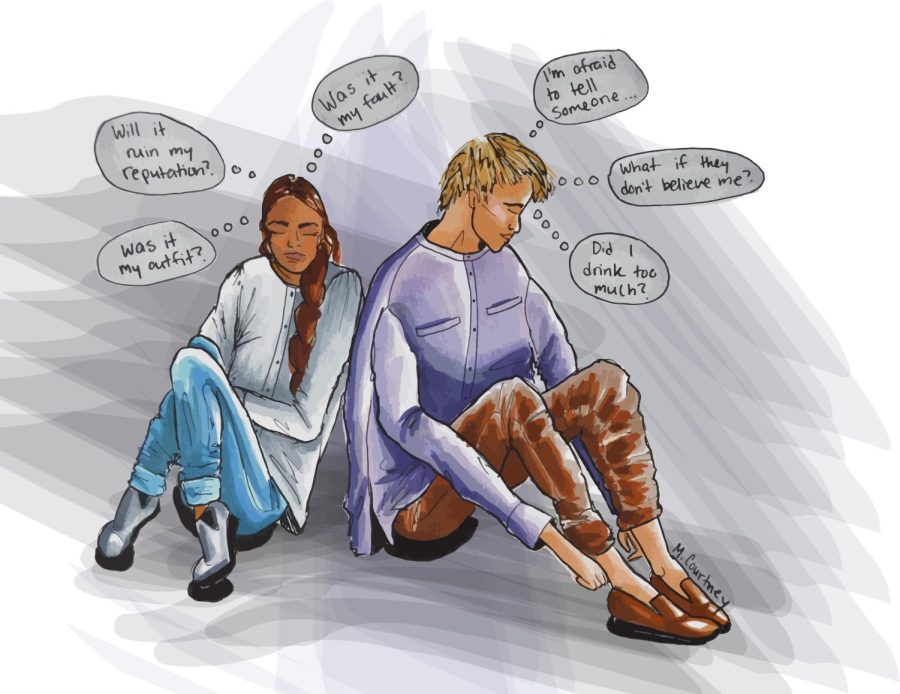Students, faculty speak out on national #MeToo movement
December 3, 2017
The trending social media hashtag #MeToo has sparked an open conversation about sexual violence and harassment online, assuring victims they are not alone.
The hashtag is in response to the New York Times’ expose, which revealed decades of sexual assault allegations against movie producer Harvey Weinstein.
Since then, celebrities, journalists and politicians have been under fire for sexual assault after more and more confessions have been revealed.
At Kent State, students and faculty opened up about what #MeToo means in their minds.
“I’ve never said anything since high school,” said Morgan Lawrence, a senior biology major. “I think I was just hurting so much, and meeting girls who have been through the same thing has helped me a lot.”
Lawrence was a victim of assault in high school. She tweeted out the hashtag so that women “don’t feel shameful” about their experiences. She said she blamed herself for what happened to her, and she wants other women to feel empowered to share their experiences.
“I’ve noticed a lot of friends of mine have made the statement,” said Lucas Cassi, a sophomore education, health and human service general major. “It’s sad, but it’s nice that we can talk about it in our culture.”
An American experiences sexual violence every 98 seconds, and nine out of every 10 victims are female, according to the Rape, Abuse and Incest National Network.
“There are a lot of reasons why someone who has been assaulted would not come forward,” said Jennifer O’Connell, the director of Sexual and Relationship Violence Support Services at Kent State.
O’Connell said victims of sexual assault or harassment are afraid to come forward out of fear of not being believed, not remembering the exact events or being blamed for what happened to them.
Some students believe the hashtag #MeToo is an outcry of victims who do not want to be silenced anymore.
“I think something that isn’t brought to light as much are the less violent sexual crimes — the ones where you don’t want to, but you’re stuck in a corner, you feel like you don’t have an option,” said Mathew Knox, a junior public health major.
Although the rates of assaults have fallen since 1993, RAINN reports nearly 322,000 Americans 12 years of age or older become victims every year.
“It makes more people pay attention to the fact that it’s happening,” said Kristian Horne, a freshman chemistry major. “If everyone is (using the hashtag) it means we won’t be as uncomfortable talking about it.”
Cassi addded, “It’s really difficult to help those that have been offended or assaulted if I don’t know how and part of that is educating.”
Emily McMahan is a student life reporter. Contact her at [email protected].
Adam Kirasic is the news director for TV2. Contact him at [email protected].

























